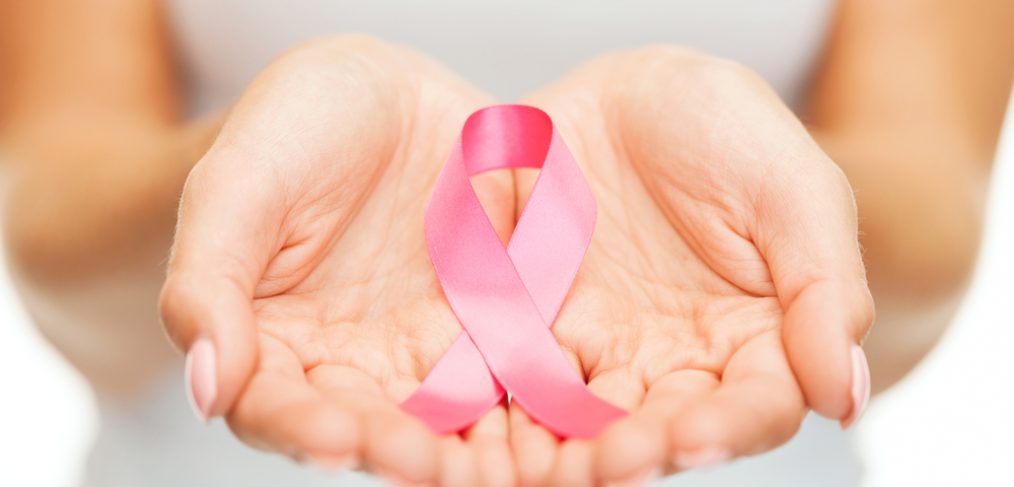What if we told you that there was a way to make your skin look younger and healthier as well as help your sleep cycles using the same ingredient? Over the years, numerous studies and trials have been conducted around Resveratrol to try and determine the wonders that this miracle ingredient can offer to your skin and your health. Vine Vera recently came across studies which show that apart from offering you with all sorts of skin benefits, Resveratrol can also be used as a sleep aid.
So what is Resveratrol? Well, Resveratrol is an antioxidant that is found in the skin of red grapes, red wine, nuts and other plant sources. It became very popular in the world of skin care because of its anti-aging properties and the fact that topical applications of Resveratrol proved to be far more effective than including Resveratrol in your diet. So where does sleep come in?
Vine Vera reviews a recent study that was conducted by researchers from the Maastricht University Medical Center, Netherlands and was published in the Cell Metabolism Journal. This study states that Resveratrol enabled the bodies reduce the sleeping metabolic rates, increase the muscle efficiency and allow the body to burn the same amount of energy over 24 hours. This study was based on a trial conducted with male subjects who were offered 150mg of Resveratrol every day for a period of 30 days.
Another study published in the Chronobiology International Journal proved to be even more informative. This study tried to research on the effects of Resveratrol on the sleep-wake cycle of a lemur. After 3 weeks of Resveratrol supplementation, the animal displayed an increased proportion of active-awake time. This was also accompanied by a huge reduction in slow-wave sleep and paradoxical sleep. The study also showed that these changes mainly occurred during the resting phase of the lemur sleep-wake cycle. Thus, the data obtained by the study goes on to suggest that Resveratrol might actually be an excellent regulator of sleep-wake rhythms.
A series of clinical trials conducted in Japan have also proved to be highly positive. The subjects of this trial were offered with a single dose of 14mg Resveratrol before they went to sleep. The study found out that Resveratrol considerably helped to improve the well-rested feeling among subjects who had taken these supplements. Sleep observations and brain wave measurements of these subjects further suggested that Resveratrol offered a sufficient improvement in terms of non-REM sleep, which is believed to be the most important aspect of sleeping properly.
These studies make Resveratrol an extremely interesting subject in the study of sleep perturbations that are associated with aging. Although more tests need to be carried out before conclusive evidence can be derived, the chances of a positive relationship between Resveratrol and your sleep cycles certainly seem to be extremely high.
In fact, Japan has already rolled out the first patent to use a Resveratrol based product for sleep improvement based on the human clinical data which indicates the ingredient’s ability to help improve the quality of sleep among humans when compared to placebo.





